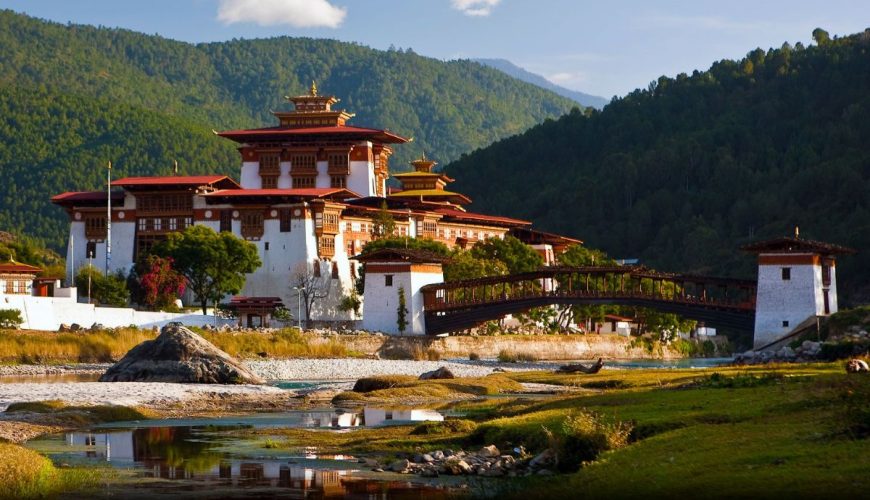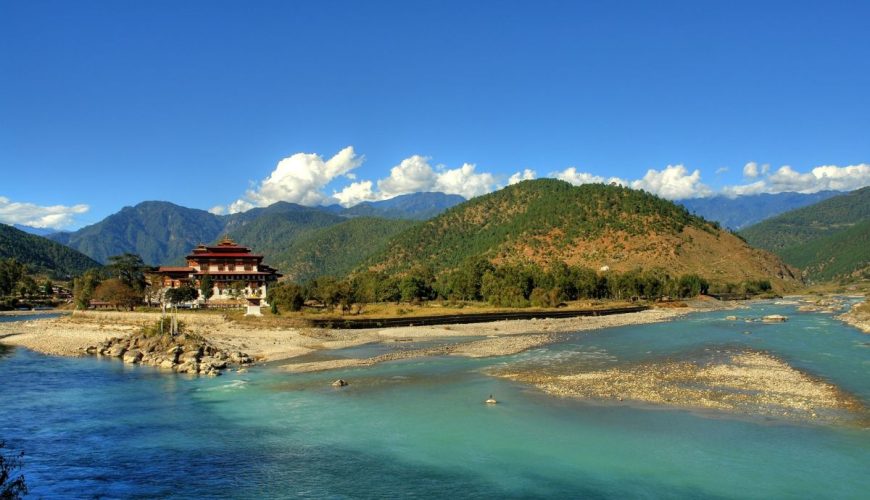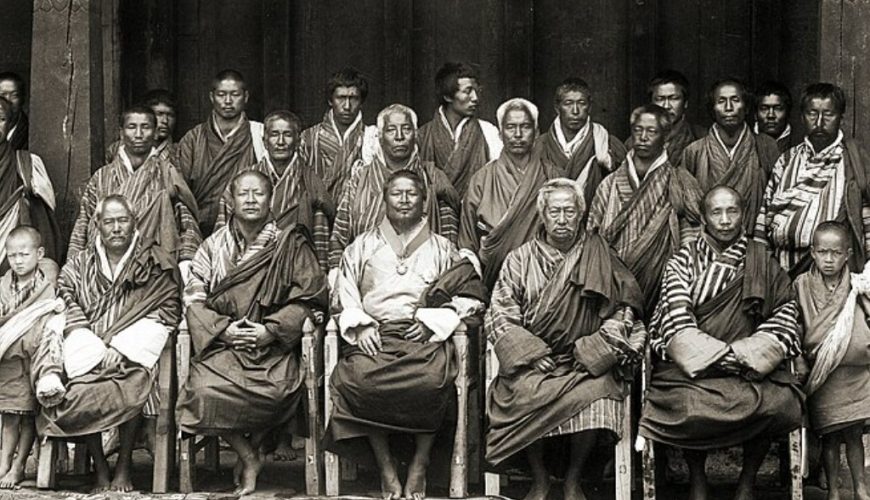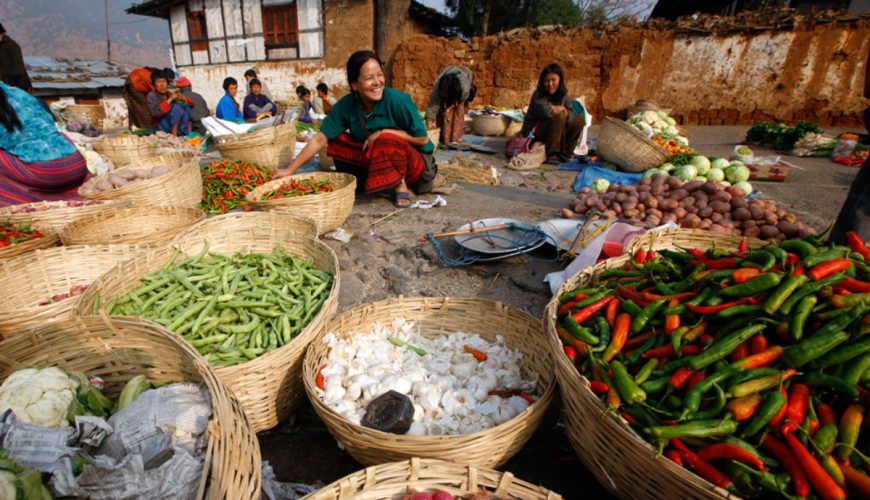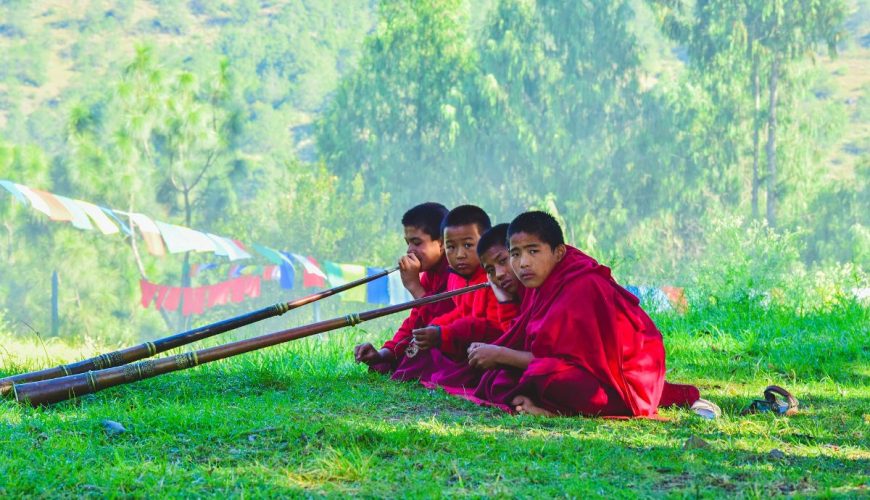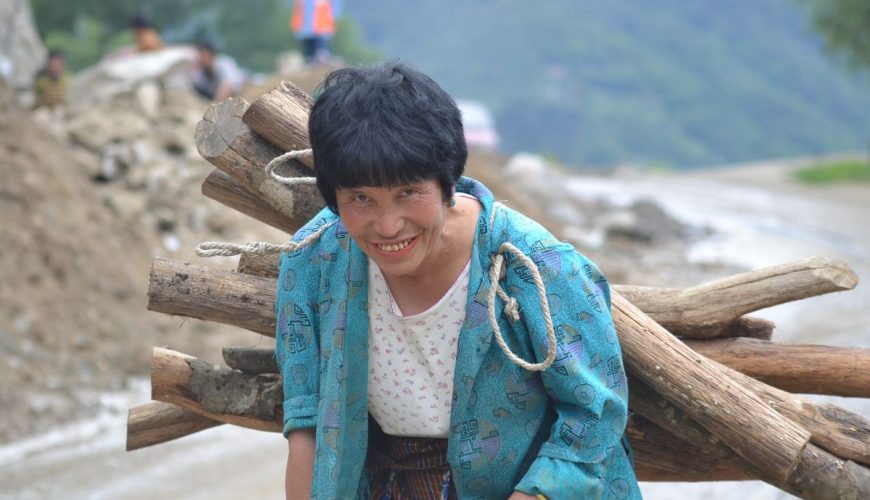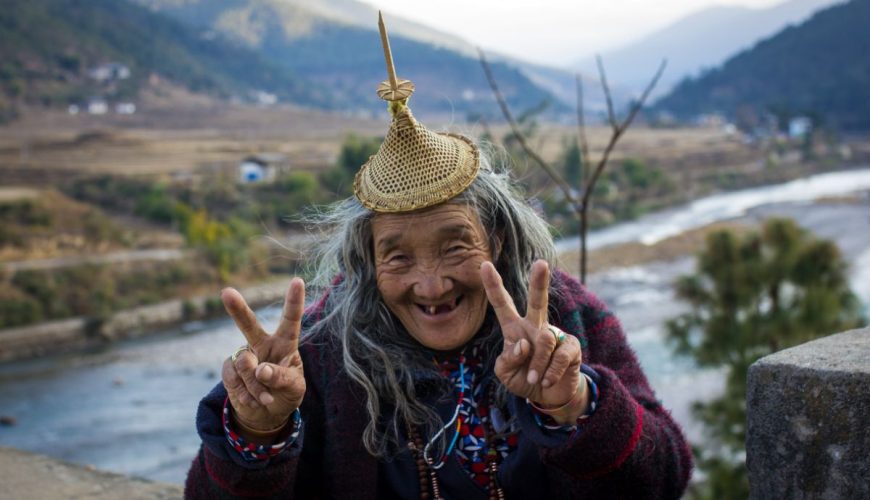POLITICAL SYSTEM
The political system of Bhutan has evolved over time together with its tradition and culture. It has developed from a fragmented and a disoriented rule of the different regions by local chieftains, lords and clans into the parliamentary democracy we have in place today. The first move towards a systematic scheme of governance came in […]

